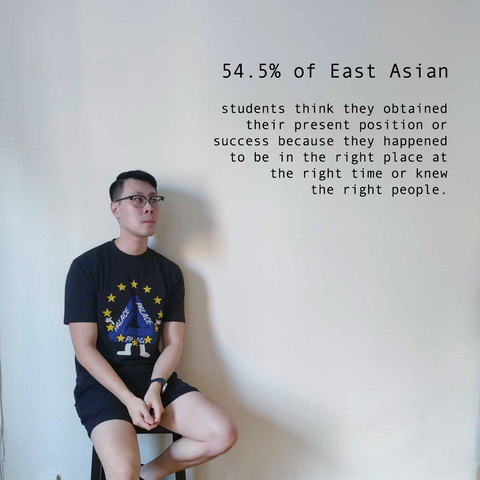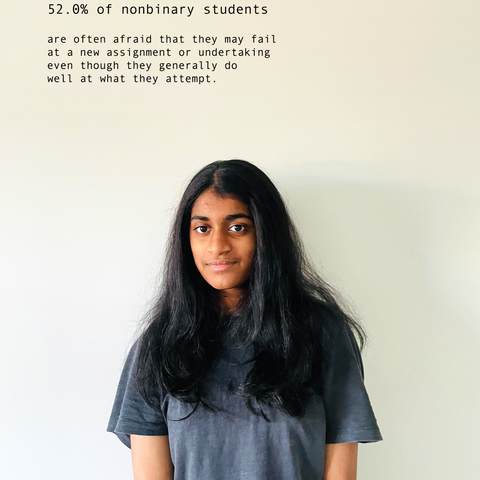ABOUT
US
01
We inform.
We see a clear gap in understanding diversity in technology education. While demographic composition data is often accessible, little information is collected on the actual experience of students of all backgrounds. Our goal is to make data like this common-place, so that students, departments, and the greater public are informed.
03
We connect the dots.
We create platforms to foster conversation. From connecting students from campuses across the country to share experiences, collaborate, and advocate to connecting students and faculty for open and honest communication on the state of underrepresented students in computer science, we identify new opportunities to bring people together to discuss and reflect.
02
We amplify voices.
We are fundamentally a student-driven movement. We believe that students should have a say in actively shaping their educational experience. By creating portraits with the statistics, we create an online gallery that sheds light on the challenges of underrepresented students and inspires the community to take action.
04
We drive equity.
It is critical that our data drives progress. We believe in keeping departments informed with updated and detailed analysis of the climate at their campuses. Identifying key areas and challenges will help fuel data-driven decisions that effectively address gaps. By aggregating all data from all participating campuses, we set the benchmark and drive accountability in technology education.
WHAT
WE DO.
OUR TEAM.
CAMPUS DIRECTORS.
The Percentage Project provides resources to independent students who want to lead a data driven advocacy campaign on their campus. These students utilize our resources to provide their peers a platform to be heard and to advocate for their community.
CAMPUS TEAMS AND PHOTOGRAPHERS*.
Vaishnavi
Liliana Nguyen
Charlene Patenaude
UC Santa Barbara
Khushi Dharji *
Tanvi Yamarthy
Navya Sharma
Nicole Hsieh
Rutgers University
Ari Mei-Dan *
Anja Samsom
Grace Kinney
Kam Jabłonowski
University of Vermont
Vianey Guadian
Gerardo Perez
Northwestern University
Bella Antoniuk *
Jorge Sanchez
Noah Atanda
Becca Waterson
Brown University
Betty Cheng *
Huan Nguyen *
Shreya Sathyanarayanan
University of Washington - Seattle
Kris Aziabor *
Nicole Xing
Nawal Naz Tareque
Inssia Ahmed
Pratiksha Bhattacharyya
Haley Chambers
Vimbisai Basvi
Yale University
Gavin Sears
Mariya Mushtaq
Juno Bartsch
Julia Rieger
Clara Fee
Bryn Mawr College
Tonya Hu
Connie Wu
Carly Hubert
May Fu
Soumya Bodavula
Duke University
Fiona Jiang *
Jin Kwon
University of Pennsylvania
Harry Qian
Jenny Ni
UCLA





































